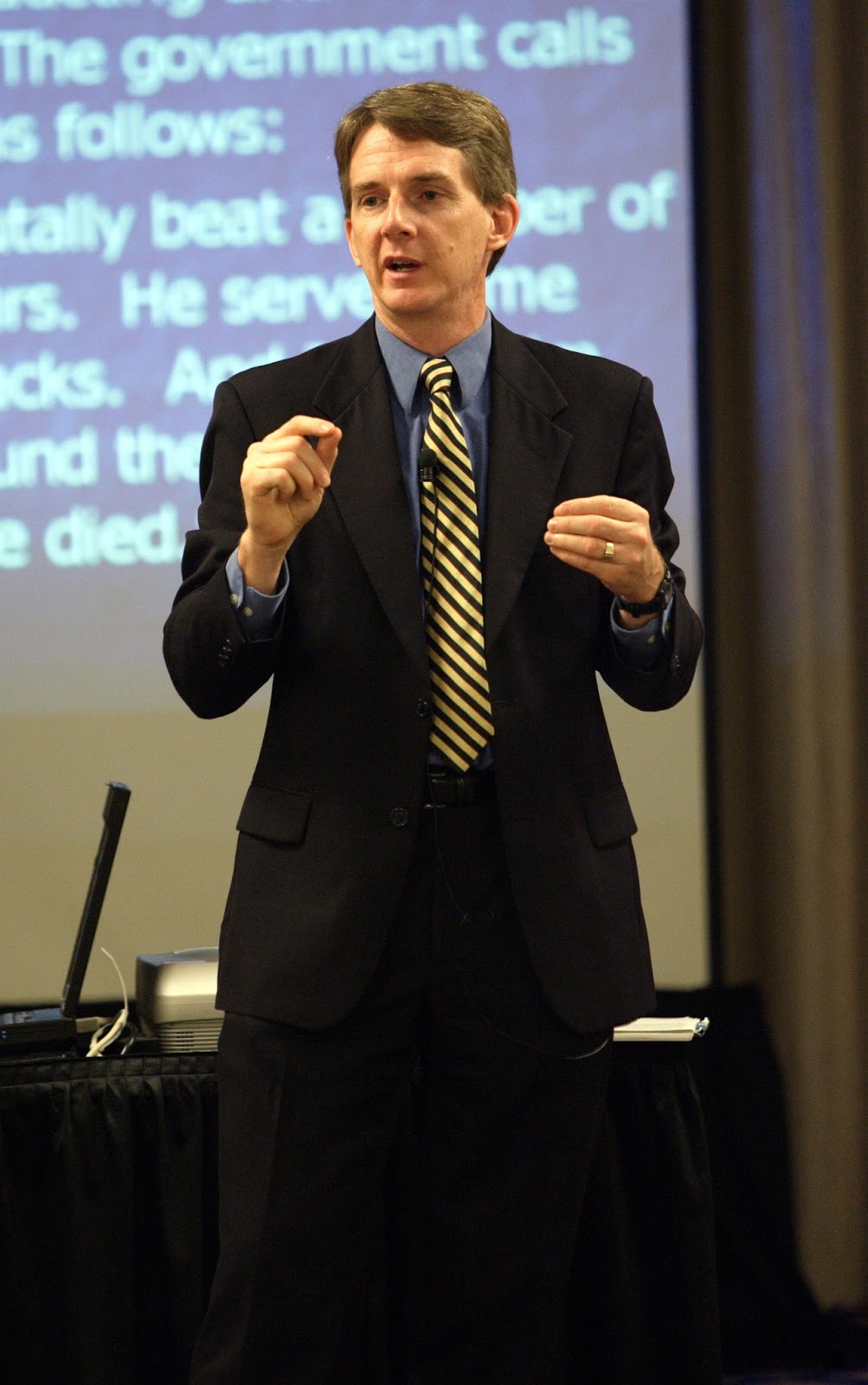
The lecture will outline the importance of the Fifth Amendment privilege against self-incrimination, including the top ten most surprising reasons why even innocent criminal suspects should virtually never agree to waive that privilege. It will explain the wisdom of Justice Robert Jackson's famous observation that any lawyer worth his or her salt will always advise the client to not talk with the police under any circumstances -- the same advice that police officers and prosecutors invariably give their own children -- and will expose the hypocrisy of a legal system that trains and encourages those officers to give precisely the opposite advice to everyone else's children. The talk will include, among other issues, a detailed discussion of the alarming extent to which modern courts allow and encourage investigating officers to employ forms of deception that carry a significant risk of inducing innocent suspects to believe that it may be in their self-interest to confess or make incriminating statements. Special attention will also be paid to the latest legal developments as to when the rules of evidence and the Fifth Amendment allow a prosecutor to apprise a jury that the defendant invoked his right to remain silent, and what those rulings portend for the manner in which the right should be invoked.
James Duane is a Professor at Regent Law School in Virginia Beach, Virginia, where he received the Faculty Excellence Award in the Fall of 2002. He has twice taught as a Distinguished Visiting Professor at William & Mary Law School in Williamsburg, Virginia, most recently in the Fall of 2011. During the 2013-14 academic year, he served as a faculty associate at Harvard University's Berkman Center for Internet and Society.
He was awarded the Distinguished Faculty Achievement Award by the Virginia State Council of Higher Education for Virginia in 2002. He received his A.B. magna cum laude from Harvard College in 1981, where he was also elected to Phi Beta Kappa, and his JD cum laude from Harvard Law School in 1984. He clerked for the Honorable Michael A. Telesca of the United States District Court for the Western District of New York and the Honorable Ellsworth A. Van Graafeiland on the United States Court of Appeals for the Second Circuit. He was senior associate at the law firm of Connors & Vilardo in Buffalo, New York, where he practiced civil litigation and criminal defense, and was trial counsel for all of the defendants in Schenck v. Pro-Choice Network of Western New York, 519 U.S. 357 (1997).
Professor Duane has taught at Regent Law School since 1991 in the areas of Evidence, Civil Procedure, Trial Practice, and Appellate Advocacy, and has published more than 30 articles in those fields. He is the co-author of Weissenberger’s Federal Evidence, and is a contributing editor of Black’s Law Dictionary. Since 1995, he has been a member of the faculty at the National Trial Advocacy College, conducted annually at the University of Virginia School of Law, and has also taught Constitutional Law at the National Litigation Academy. He has been interviewed about legal matters on television and radio, including National Public Radio’s All Things Considered, and has testified before the Advisory Committee of the United States Judicial Conference on the Federal Rules of Evidence. He has lectured before lawyers and law professors at conferences and training sessions conducted by Hastings Law School, the College of William and Mary, the Virginia Association of Defense Attorneys, the Louisiana Trial Lawyers Association, the National Association of Criminal Defense Lawyers, and the office of the United States Attorney for the Eastern District of Virginia, among others. He is a member of the Boyd-Graves Conference of the Virginia Bar Association, and is admitted to practice before the courts of New York and Virginia, as well as numerous federal courts. In the spring of 2008, Professor Duane gave a talk at Regent Law School about some of the reasons why even innocent criminal suspects should never agree to answer questions from the police, and that video has now been viewed more than 5,000,000 times on YouTube